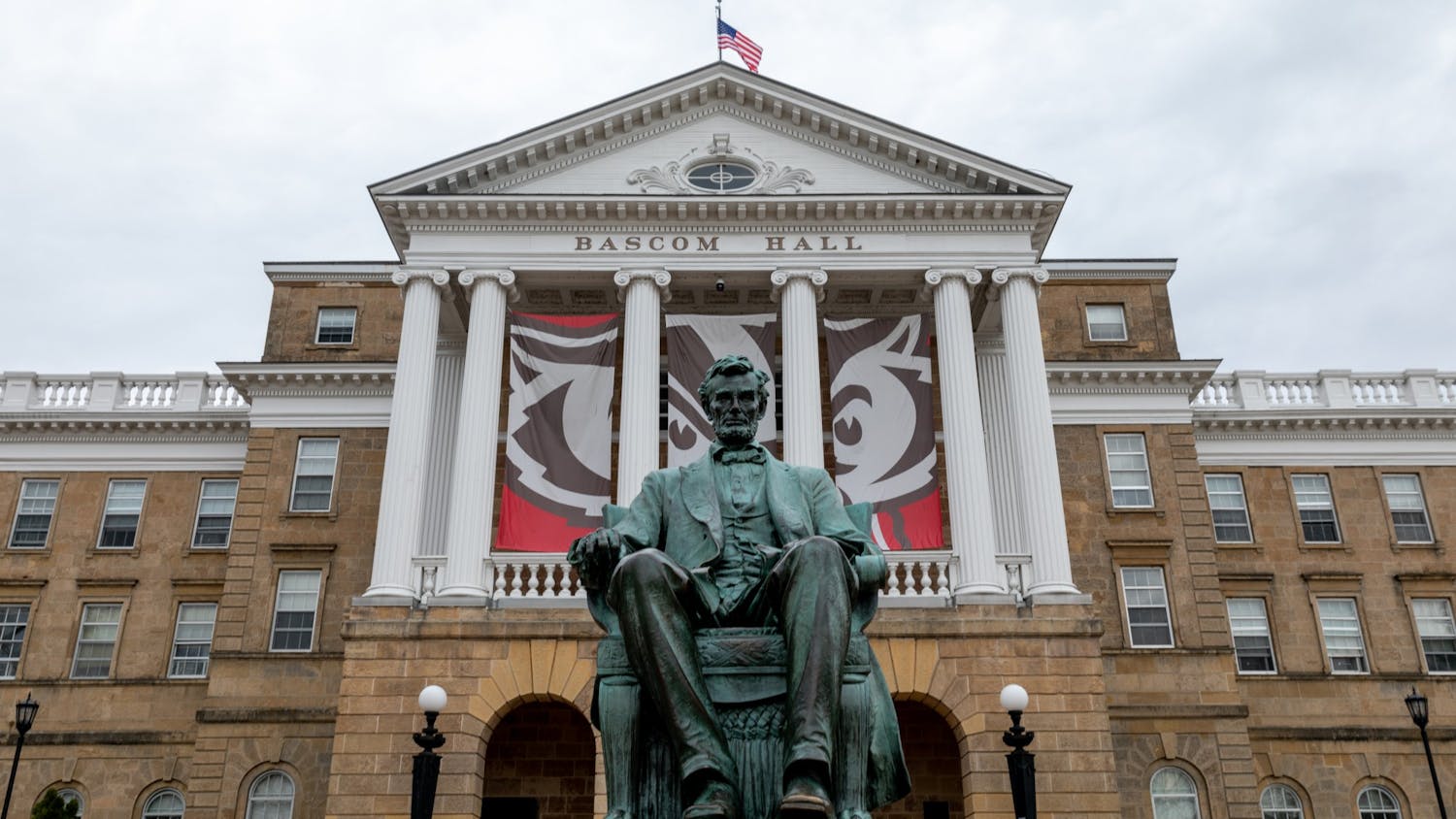With the inauguration of Governor Tony Evers, Wisconsinites on both sides of the aisle are left wondering how this upcoming term will differ from the Walker administration.
Post-Walker Wisconsin is looking for delivery on campaign running-points more than ever, as failed promises regarding job creation, accessibility to education, environmental impact transparency and tax reductions have only increased distrust in government.
This has left the Democratic Party with a hefty responsibility, as the people of Wisconsin have given them all five statewide elected offices. The question now remains: Can this “Blue Wave” deliver where previous Republican officials could not?
The answer to this question has been complicated by the lame-duck power grab bills signed by Walker 24 days before leaving office, which weaken the powers of the now-Democratic governor and attorney general. Putting pressure back on Republican lawmakers in response to the lame-duck bills could be a problem for the more soft-spoken Evers but also provides an opportunity for younger members of the administration, like Lt. Gov. Mandela Barnes, to make their mark. While the full impact of these lame duck laws remain to be seen, Wisconsinites must remain aware of the promises made by Evers and hold him accountable.
One of the issues Evers emphasized most in his campaign was the prioritization of education, specifically its accessibility and quality for underrepresented children and young adults. The pervasiveness of this topic in Wisconsin, especially due to racial inequalities in kindergarten preparedness and graduation rates, as well as the ever-looming concern of the state’s “Brain Drain,” raises apprehension over whether this was simply a strategic campaign move.
Most of Evers’ experience is within the field of education, so it would make sense that the topic guided his campaign. However, the organization and high turnout of Evers’ “Kid’s Gala” events held in Madison, Milwaukee and Appleton in the days preceding his inauguration offer hope that children, especially those from marginalized groups, were not simply used as pawns during the election. By making a special effort to include children in his inaugural celebration, Evers attempts to show voters with school-age children that their concerns are heard by his administration and that he intends to do something about them. Thus, in the next four years Wisconsinites should expect him to follow through on his promises of increased public school funding, investments in the UW System and technical schools, the lowering of student loan interest rates and a non-corrupt appointment of UW Board of Regents members.
Another integral part of Evers’ campaign was his focus on promoting a more liberal agenda for health care, in part by holding Big Pharma accountable, extending universal healthcare to those with pre-existing conditions, reversing the defunding of Planned Parenthood and legalizing medical marijuana.
Yet in the recent election season, Walker also promised coverage for those with pre-existing conditions, despite his long standing efforts to repeal the Affordable Care Act. While Evers himself is a cancer survivor, and thus may be more sympathetic toward the issue, concerns from health care organizations across the state are worried about recently passed bills during Walker’s tenure that enact a Medicaid work requirement, place legislative oversight over health care-related waiver requests from Evers and “could create unforeseen implementation challenges that negatively impact the Medicaid program and its members.”
Regarding health care and other issues, Evers will have to get creative in the ways he counteracts the lame-duck legislation. Voters expect him to take health care-specific actions such as the implementation of a prescription drug review board to assess unfair price gouging, investments in women’s health preventive programs and an advisory referendum to determine widespread attitudes towards cannabis legalization.
Lastly, Evers ran on a unique economic development platform, as much of Walker’s focus as governor was based on expanding the Wisconsin economy via tax cuts and regulation reform. However, Evers promised to disband and replace Wisconsin Economic Development Corporation due to previous contention over accountability, even going so far as to state that they “overpromised and underdelivered.”
While Walker attempted to promote job security and growth by cutting tax deals with corporations like Foxconn, Evers has been critical of this approach and rather is focused on raising the minimum wage to $15 an hour in a phase program. Additionally, Evers has stated that he is committed to the farming roots of Wisconsin and plans to “increase incentives to support agriculture and rural businesses through training, labor attraction, market development and business support,” but this plan remains less clear than his other policies.
However, Evers does seem committed to expanding broadband internet to rural areas, which, if executed in tandem with increased funding for technical schools and making college courses more accessible, could foster economic growth within the farming sector.
Ultimately, we expect to see something unique from Evers as he has cast himself as someone willing to cross party lines to move the state forward, and his background as a teacher presents him as a qualified leader to act on education reform. We also expect to see swift actions toward health care reform, hopefully by working alongside healthcare professionals to ensure any legislation revisited or written in the next four years is not only politically feasible but does not carry negative implications for the already complicated Medicaid system.
As UW System students living in Dane County, which voted majorly blue, we must not only continue to support him and the other elected officials that recently took office but remain focused on what Wisconsin needs right now: someone that keeps their promises. We are committed to fulfill our role as watchdogs, regardless of party.






